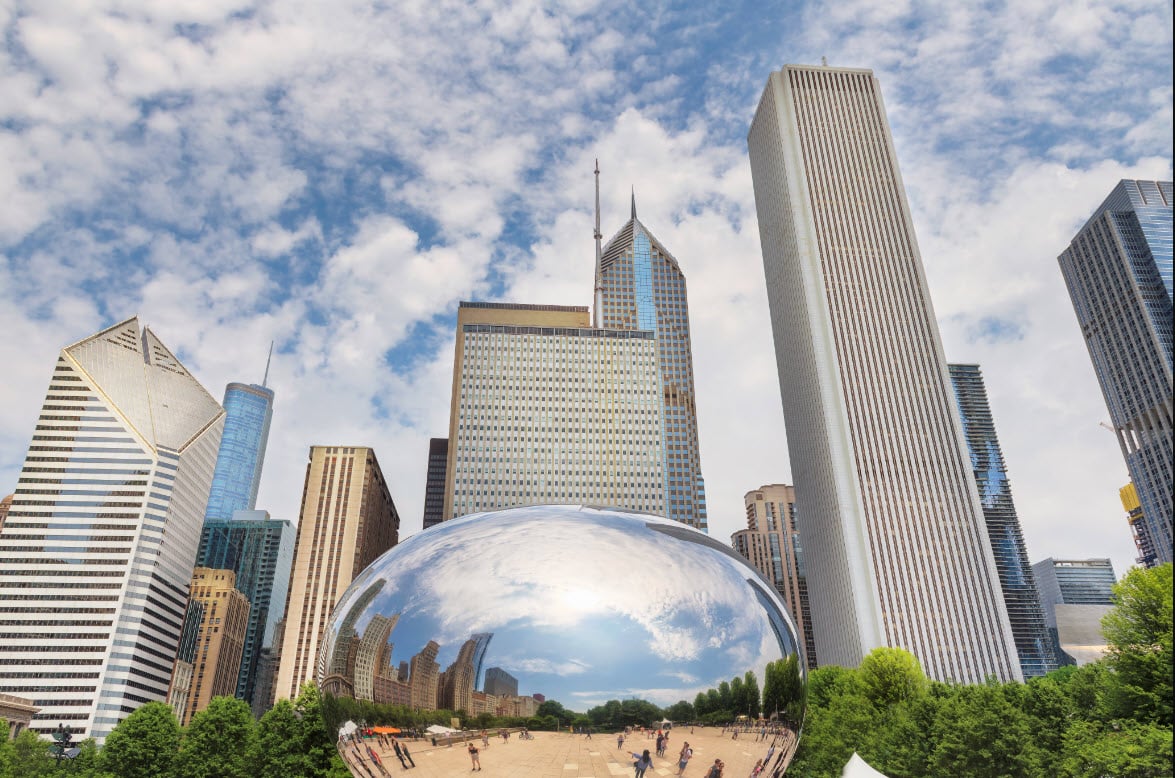In brief
Noncitizen travelers can pack their bags. With certain requirements, noncitizen travelers will be allowed to travel to the US as of November 8, 2021, under President Biden’s Proclamation on Advancing the Safe Resumption of Global Travel During the COVID-19 Pandemic. The new rules, which focus on the vaccination status of noncitizen travelers, replace the country specific restrictions that have been in place since March 2020. The proclamation also contains limited exceptions within the proclamation for noncitizen travelers who have not been vaccinated.
Critically, nonimmigrant visa holders always require US visa stamps to reenter the United States. Although the travel restrictions will be lifted for vaccinated travelers as described below, the US Consulates and Embassies remain closed for routine visa processing – meaning that travelers should expect long backlogs when scheduling visa stamping appointments. This could be a damper on travel for many foreign national visa-holders who have been “stuck” in the United States over the course of the pandemic and are looking to travel home during the holidays.
Contents
- Who is able to enter the US under the proclamation?
- When do the new rules take effect?
- Key takeaways
- What rules must noncitizens who have an exemption follow?
- What actions should my company take?
Who is able to enter the US under the proclamation?
Noncitizen travelers who have received a COVID-19 vaccine authorized or approved by the traveler’s country of nationality (as determined by the Director of the Centers for Disease Control and Prevention (CDC) in consultation with the Secretary of State) will not be restricted from entering the US. The traveler will still be required to provide proof of a negative pre-departure COVID-19 test within three days before travel, and follow appropriate precautionary measures during travel, as determined by the Director of the CDC. Despite this relaxation in COVID-related travel restrictions, noncitizen travelers must still have the appropriate immigration documentation to enter the US. The proclamation does not apply to US citizens, US nationals, US lawful permanent residents, immigrants and air crew members.
When do the new rules take effect?
The new rules will take effect at 12:01 am EST on November 8, 2021. However, the proclamation specifies that the new rules will not apply to noncitizens aboard a flight scheduled to arrive in the US that departed prior to 12:01 am EST on November 8, 2021, so noncitizen travelers heading to the US should check their departure time and which rules apply.
Key takeaways
The new rules apply to all noncitizens. There are a number of exemptions to the vaccine requirement, including for individuals who have a medical condition prohibiting vaccination, for individuals from countries that do not have sufficient access to vaccines, and for humanitarian and/or emergency reasons. In addition, vaccination is not required for children under 18 years of age, and pre-travel testing is not required for children under two.
Like the prior rules, there is an exemption for noncitizens or a group of noncitizens whose entry would be in the national interest, as determined by the Secretary of State, the Secretary of Transportation, the Secretary of Homeland Security, or their designees.
Importantly, the US Consulates and Embassies around the world remain closed for routine visa processing. This means that backlogs for appointments spanning several months are likely, and “expedited” or “emergency” requests may be necessary for individuals seeking to travel and obtain visa appointments over the holiday months.
What rules must noncitizens who have an exemption follow?
The proclamation outlines specific requirements unvaccinated noncitizens who are exempted or receive an exemption must follow while they are in the US, including that they may need to agree to become fully vaccinated against COVID-19 within 60 days of arriving in the US, and provide proof of having arranged to become fully vaccinated against COVID-19 after arriving in the US if their stay is longer than 60 days. In addition, noncitizens must agree to comply with applicable public health precautions established by the Director of the CDC, which currently includes proof of a negative pre-departure COVID-19 test within one day before travel and may include proof of having arranged to self-quarantine or self-isolate after arriving in the US.
What actions should my company take?
- Discuss the scope and specifics of the proclamation with your employees. Many noncitizens will likely be excited by these changes given the pent-up demand for international travel, but your employees should understand how the rules apply to them before they plan their travel.
- Consider a Town Hall to discuss travel planning. We have held Town Hall presentations throughout COVID with many of our clients and find that these provide an efficient format to share valuable information and have an interactive discussion with employees. Please contact your Baker McKenzie attorney to discuss this option.
- If your company plans to have employees travel to the US, speak with counsel to safeguard against issues that may arise before your company plans employee travel.
- Encourage your employees who want to travel internationally to monitor their visa expiration and the availability of visa interviews in their home country should they need to obtain a new visa stamp before return to the US. Make sure your employees have US Consular appointments booked for visa stamping before booking or embarking on travel or have ESTA authorization if their travel is within the scope of ESTA. In the event that international travel becomes necessary for an employee regardless of their visa stamp’s validity, please contact your Baker McKenzie Global Immigration and Mobility attorney well in advance of their planned travel dates to avoid a lengthy absence abroad.
We are here to help!



